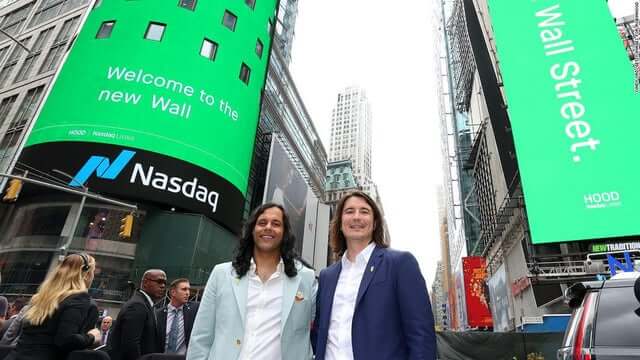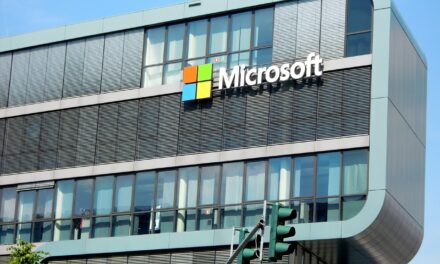Stock trading app Robinhood may have had a turbulent run over the last quarter, but it proudly announces that its revenues were up by 131% compared to its performance in Q2-2020. The disclosure was made in the company’s first-ever public earnings report, which came out on Wednesday, August 18th.
Much of the company’s Q2 growth was propelled by crypto-trading in the wake of Bitcoin’s record highs and the strong showing of other cryptocurrencies in the market last spring. As a result, Robinhood earned around $233 million, an almost fifty-fold surge from just $50 million in 2020.
Sixty percent of app users used Robinhood to trade cryptocurrencies throughout the second quarter. The bulk of new users have opted to trade in cryptos rather than traditional stocks.
Robinhood’s strong performance at the end of the first half of the year takes the edge off its disappointing initial public offering. Back in July, just as the company went public, it began trading stock at $38 which was on the lower end of a range presented by its financial team. Unfortunately, this proved to be a disaster as Robinhood closed its first day of trading with an 8.4% drop.
However, it should be noted that Robinhood lost $502 million in the second quarter, a dismal showing compared to the $58 million it earned during the same period last year. Company executives say that the loss was driven by the warrants from a funding round it initiated earlier this year.
More than just meme stock
A week after Robinhood’s disappointing IPO results, individual traders began jacking up its price by way of option trading, one of the app’s more high-risk trading features, enabling share prices to climb to $70 apiece. Share prices have since settled to $50 per share on average, and the company is currently valued at $41.8 million despite a drop of over 7% during after-hours trading on Wednesday night.
Originally considered meme stock (shares traded on sentiment as opposed to business fundamentals), Robinhood is helping fuel other meme stocks by giving non-traditional traders a viable platform for their initiatives. This can be seen in the price surges of companies like video game retailer GameStop and the AMC theater chain.
It may seem like an unusual way to draw people into trading – and it’s something that has earned the app the ire of more traditional Wall Street types – but it’s actually part of Robinhood’s push to encourage ordinary people to get into investing.
This somewhat folksy, even streetwise approach is something that Robinhood wove into its IPO, as it allocated the majority of sellable shares to retail investors through the app and encouraging its clientele – primarily first-time investors – to ask questions.
And there seems to be no stopping the company: Robinhood recently spent $40 million to buy into proxy-processing company Say Technologies to further boost its customer numbers through user-friendly investor Q&As.














